In recent years, the prevalence of obesity has increased at an alarming rate, posing significant challenges for healthcare providers. As a consequence, the demand for specialized equipment, such as hospital bed bariatrics, has risen. These beds are designed specifically to cater to the needs of bariatric patients, providing them with the necessary support and comfort during their hospital stay. This article discusses the importance of hospital bed bariatric and its benefits for healthcare providers. 1. Enhanced Patient Safety and Comfort: Hospital bed bariatric is primarily designed to support patients with obesity-related health issues. These beds are wider, longer, and more robust than traditional hospital beds, offering a higher weight capacity and increased safety for patients with higher body mass index (BMI). The additional width and reinforced frames prevent accidents and minimize the risk of falls, making them essential for healthcare facilities dealing with bariatric patients.
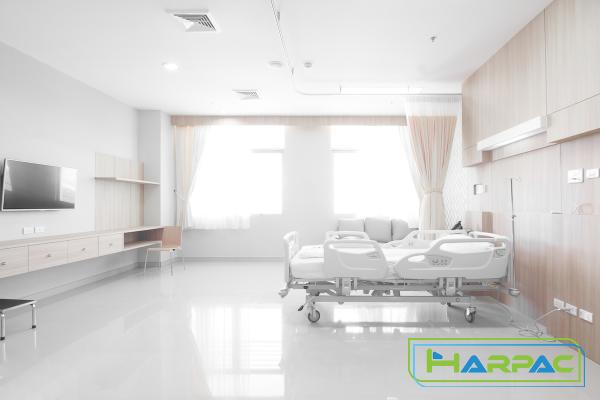
.
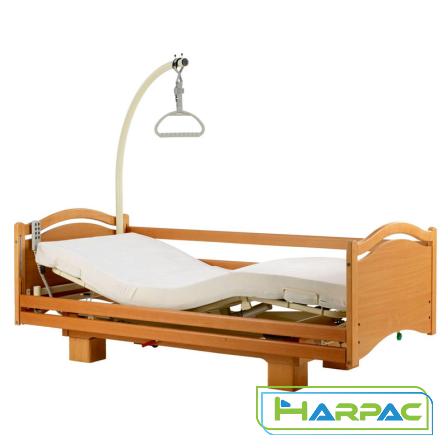 Moreover, the bariatric beds are equipped with advanced features, including adjustable heights, patient lifts, and pressure redistribution mattresses. These features enhance patient comfort, reduce the risk of pressure ulcers, and facilitate better patient positioning during activities like eating, turning, and bathing. 2. Increased Efficiency and Reduced Strain on Staff: Caring for bariatric patients often requires additional assistance due to their limited mobility and size. Hospital bed bariatric is equipped with integrated patient lifts, facilitating safe transfers and repositioning of patients. These lifting mechanisms can significantly diminish the physical strain on healthcare staff, minimizing the risk of musculoskeletal injuries. Furthermore, bariatric beds are designed with functionality in mind. Some models offer motorized controls to adjust the bed’s height, backrest, leg rest, and Trendelenburg position, reducing the need for manual lifting and enabling healthcare providers to optimize patient care efficiently.
Moreover, the bariatric beds are equipped with advanced features, including adjustable heights, patient lifts, and pressure redistribution mattresses. These features enhance patient comfort, reduce the risk of pressure ulcers, and facilitate better patient positioning during activities like eating, turning, and bathing. 2. Increased Efficiency and Reduced Strain on Staff: Caring for bariatric patients often requires additional assistance due to their limited mobility and size. Hospital bed bariatric is equipped with integrated patient lifts, facilitating safe transfers and repositioning of patients. These lifting mechanisms can significantly diminish the physical strain on healthcare staff, minimizing the risk of musculoskeletal injuries. Furthermore, bariatric beds are designed with functionality in mind. Some models offer motorized controls to adjust the bed’s height, backrest, leg rest, and Trendelenburg position, reducing the need for manual lifting and enabling healthcare providers to optimize patient care efficiently.
..
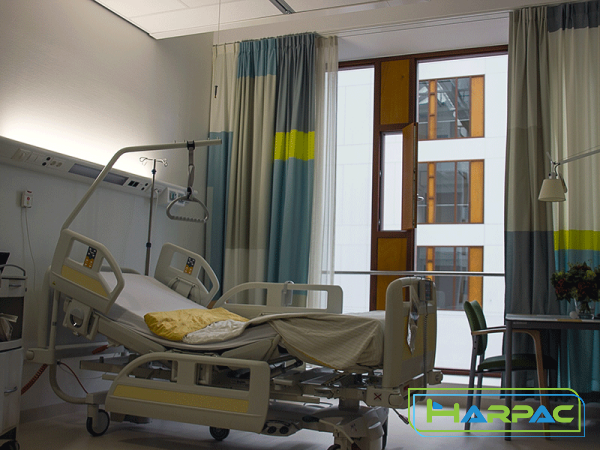 3. Cost-Effective Solution: Investing in hospital bed bariatric can prove to be a cost-effective solution for healthcare providers in the long run. By addressing the specific needs of bariatric patients, these beds reduce the likelihood of injuries and complications, leading to improved patient outcomes and shorter hospital stays. Additionally, these beds are durable and built to withstand heavy loads, reducing the frequency of repairs and replacements. Furthermore, hospitals that invest in bariatric care infrastructure demonstrate their commitment to providing comprehensive and specialized services, which can attract a wider patient base and enhance the overall reputation of the institution.
3. Cost-Effective Solution: Investing in hospital bed bariatric can prove to be a cost-effective solution for healthcare providers in the long run. By addressing the specific needs of bariatric patients, these beds reduce the likelihood of injuries and complications, leading to improved patient outcomes and shorter hospital stays. Additionally, these beds are durable and built to withstand heavy loads, reducing the frequency of repairs and replacements. Furthermore, hospitals that invest in bariatric care infrastructure demonstrate their commitment to providing comprehensive and specialized services, which can attract a wider patient base and enhance the overall reputation of the institution.
…
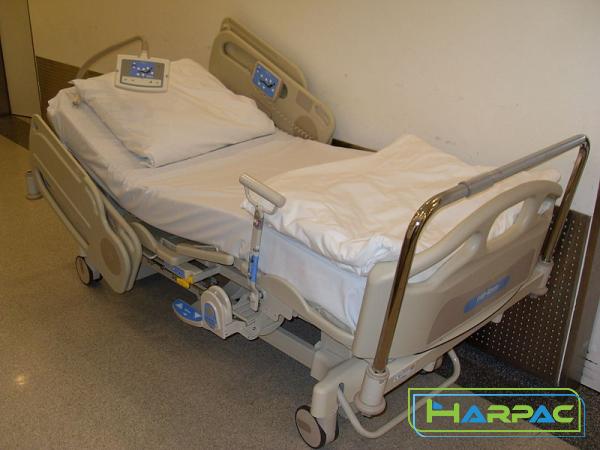 4. Meeting Regulatory Requirements: Healthcare facilities are often required to meet certain regulations and standards for patient safety and comfort. In many jurisdictions, providing appropriate bariatric care is a mandatory requirement. Investing in hospital bed bariatric helps healthcare providers ensure compliance with these regulations, avoid penalties, and provide equitable care for all patients, irrespective of their weight or size. Conclusion: The rising prevalence of obesity has underscored the need for specialized equipment, such as hospital bed bariatric, across healthcare facilities. These beds not only enhance patient safety and comfort but also offer practical benefits by reducing physical strain on healthcare staff, improving operational efficiency, and meeting regulatory requirements. As the demand for bariatric care continues to grow, investing in specialized beds is a prudent and forward-thinking choice for healthcare providers.
4. Meeting Regulatory Requirements: Healthcare facilities are often required to meet certain regulations and standards for patient safety and comfort. In many jurisdictions, providing appropriate bariatric care is a mandatory requirement. Investing in hospital bed bariatric helps healthcare providers ensure compliance with these regulations, avoid penalties, and provide equitable care for all patients, irrespective of their weight or size. Conclusion: The rising prevalence of obesity has underscored the need for specialized equipment, such as hospital bed bariatric, across healthcare facilities. These beds not only enhance patient safety and comfort but also offer practical benefits by reducing physical strain on healthcare staff, improving operational efficiency, and meeting regulatory requirements. As the demand for bariatric care continues to grow, investing in specialized beds is a prudent and forward-thinking choice for healthcare providers.
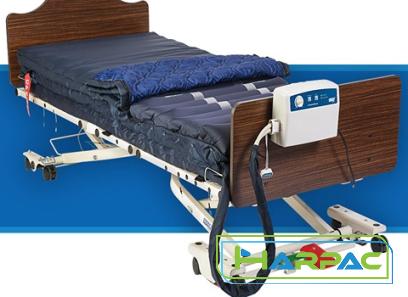
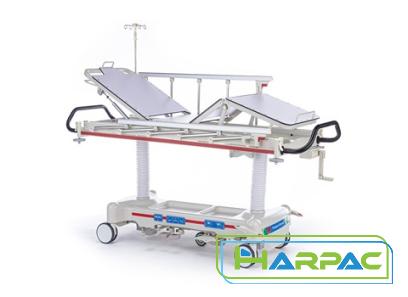
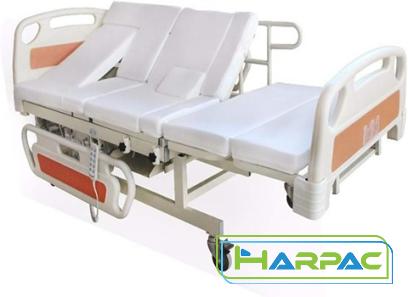
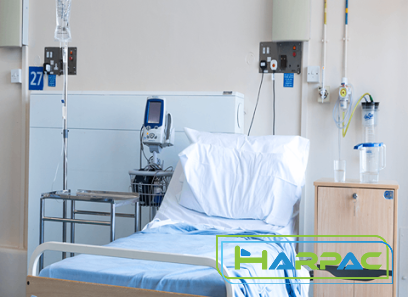
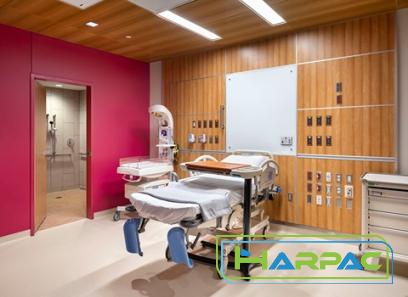
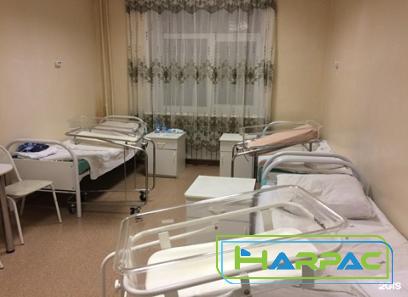
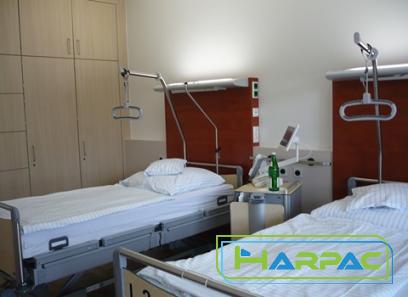
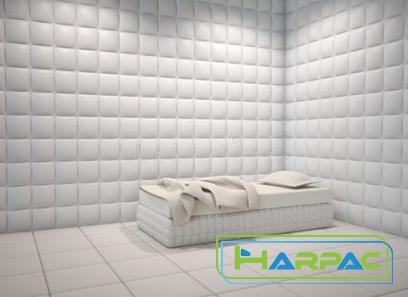
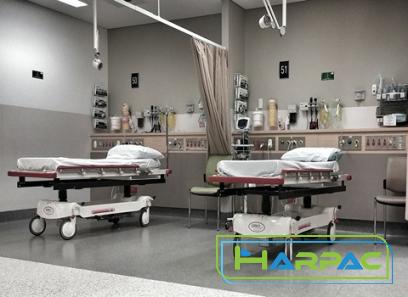
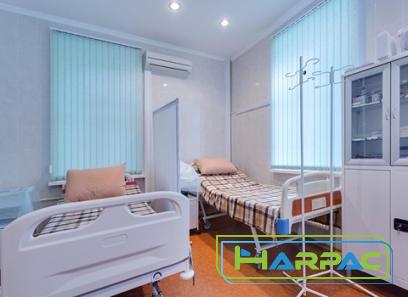
Your comment submitted.